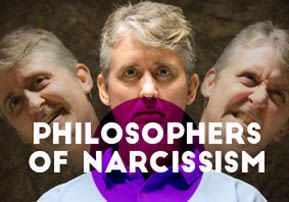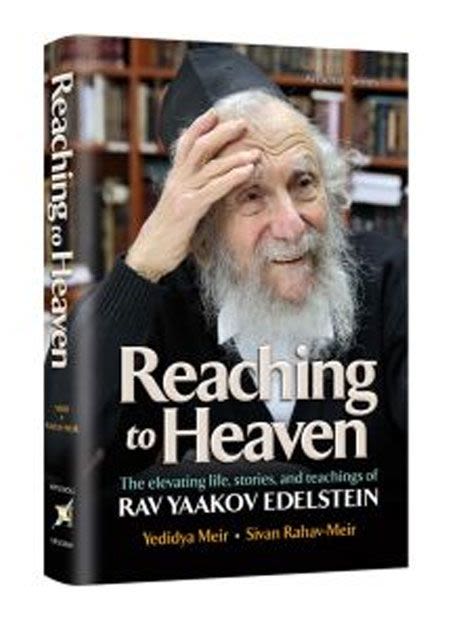
Philosophers of Narcissism
The narcissist is compelled to believe in the power of his own reason, the realization of his own superior strength, mental capacity, maturity or wisdom…

Have you ever wondered if you possess enough strength and determination? How much strength do you actually have to make your life a better one for you and for your children? If a person is living a very lowly existence – is he obligated to believe he is somehow negligent or lazy if he doesn’t find his place among “the have’s” as opposed to the “have nots?” Is it possible for each and every person to achieve greatness even if he is not amongst that handful of exceptionally talented or lucky people that become successful overnight?
Actually there is a common archetype in American culture and literature than assumes that everyone should be striving for power, wealth, and fame – and those that aren’t, must be stricken with some type of moral defect.
The above view, that you can succeed in any area of your life if you just put your nose to the grindstone is based the anti-emuna assumption that reality operates in a logical and rational way and that your own reasoning is the only way that you’ll come to any true knowledge about yourself and the world.
According to this view, there are rational principles that exist in the world and you’ve just got to go out and find them. Not only do rational principles exist in logic and mathematics but they say you can find your  own rational system of ethics, morality, politics and psychology.
own rational system of ethics, morality, politics and psychology.
Let’s contrast this view that deifies human reasoning with that which Rabbi Arush writes in The Garden of Knowledge: “a person must [be aware] of the vast gap between his sorely limited mortal logic and intellect, and Divine wisdom and omniscience. He must know that he has no ability without Hashem; without Him, he can do nothing.”
It’s easy to see why Rabbi Arush’s assertion is anything but politically correct. The idea that we don’t know anything except that which we can learn though the Torah’s Divine law flies in the face of a narcissistic generation that has been programmed to believe that we can do anything. The narcissist is repulsed by the slightest sign of humility and submission to others. He looks with disgust and contempt upon those who don’t strive to compete and dominate and assert their own will. The narcissist is compelled to believe in the power of his own reason, the realization of his own superior strength, mental capacity, maturity or wisdom. The moment that he loosens his quest of power, prestige, and possession, the moment that he doubts in his own wisdom, he feels the underlying emptiness, inferiority and self-hatred that live inside him. He must then renew his fight and double his efforts to drown out his inner pain by re-asserting his grandiose superiority.
People are naturally biased. We tend to justify ourselves and our viewpoints. When a person with a need to feel superior sits down to write a philosophy of life he writes a philosophy that justifies and gives satisfaction to his own neurotic need to feel like a G-d himself. A philosophy or psychology that promises that through the power of reason you can feel G-d-like is a hard system to fight against.
The philosophy of narcissism will tell you that you can be the next “Rocky” or the next “My Fair Lady.” The philosophy of narcissism will tell you that you be the next Tony Robbins, the next superstar athlete or the next Nobel Prize winner and you’re lacking if you don’t try. If you’re really smart, the philosophy of narcissism might take a more indirect approach with you – it’ll tell you that you can be the kindest more loving most self-sacrificing person that ever lived.
I mentioned earlier that there is a danger for the narcissist to be stripped of the false armor of his omnipotent beliefs about himself. Then he’ll despise himself for his lack of strength, and his lack of wisdom and his lack of intelligence.
So what can we give to a narcissistic person and a narcissistic pseudo-rational generation that will sooth their underlying anxieties and help them to have the self-esteem that never had a chance to grow? What will temper their temporary “fall from grace” when the narcissistic bubble bursts? What can give them strength and hope while they are confronting this inner conflict for the first time?
The answer is to learn how people with brains just as big as the philosophers of narcissism are very happy to have given up all that artificial fluff. Learn about people who could be doing all kinds of things with their superior intelligence and yet are choosing to make emuna their main preoccupation. Get to know some of these famous people who couldn’t care less about being famous if they even had to open a book that might seduce them once again into thinking that they know better than Hashem.
Then try saying this once a day:
Oh loving Father our pain is so great at this hour. We beg you to hear our voices and in your Mercy to take pity on us and reveal and illuminate our holy souls. We are so far from grasping that which is so hidden from us because of our many sins. Because of this we don’t have the slightest idea of how to recognize you and serve You in truth. We beg You, Hashem to reveal to us the mysteries of our own holy souls because in our current situation we don’t know what to do first. SAVE OUR PEOPLE NOW! even though we are not yet worthy and haven’t even begun to cleanse ourselves. Amen.











Tell us what you think!
Thank you for your comment!
It will be published after approval by the Editor.